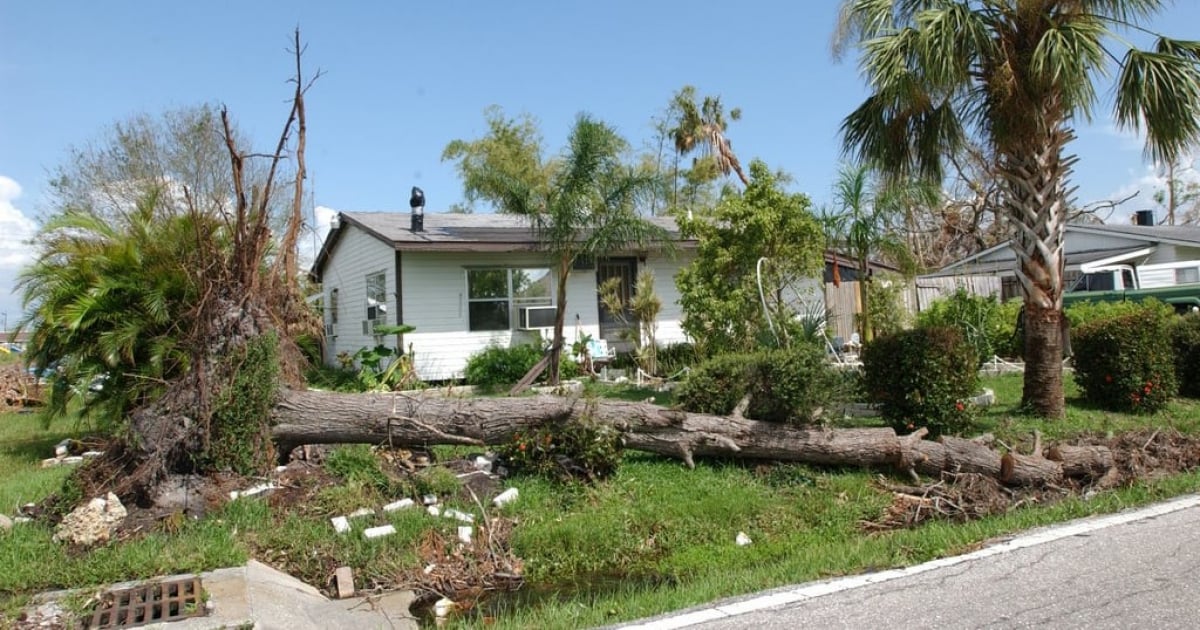
Related videos:
A new bill introduced in the Florida Senate (the SB 724), called the "Fallen Tree Law," stipulates that the owner of a property will be held responsible for the costs resulting from damages caused to other individuals if a tree planted in their yard or garden falls onto someone else's property.
According to the legislative proposal presented over a week ago by Republican Senator Jonathan Martin, which will be reviewed in the upcoming deliberation session, the location where the tree or shrub has its roots will determine ownership (and consequently, who will pay the compensation).
"Should it be the person who owns the tree, who perhaps hasn't maintained it; the person who planted the tree too close to the neighboring property, or the person whose property was damaged?" Senator Martin questioned, as cited by WFLA.
According to the news network, the last hurricane season left many homeowners dealing with damage caused by fallen trees, so at this point, the companies responsible for removing them are still receiving requests.
Jay Harrold, owner of the company Albert & Ellis Landscaping and Tree Services, says that nearly half of the calls he has received have been from people forced to repair the damage caused by a tree planted by a neighbor. In some cases, the costs have reached up to $15,000.
"Many of these trees have been neglected by owners who either didn't know or didn't have the budget," commented Harrold, who advises these individuals to have their trees inspected to ensure they are safe.
Senator Martin believes that his bill will require owners to be more responsible. "When fewer wrong decisions are made, when our trees are safer for the type of environment we live in, there will be less damage to our properties. There will be fewer insurance claims, and ultimately, insurance rates will decrease," he stated.
Currently, as explained by Anthony Talcot in ClickOrlando (regarding a similar bill presented in the state's House of Representatives), property owners are allowed to cut branches and roots that cross the boundary from a neighboring lot.
"However—remember—that if a tree or shrub grows across two separate properties, both owners would need to agree before being able to remove the plant, a situation that can become problematic if someone’s house is at risk of being hit by a falling tree."
With the new text from the Chamber, a property owner can remove a tree if it grows across two or more parcels of land. They would only need to provide written notice to the other owner 30 days in advance.
Filed under: